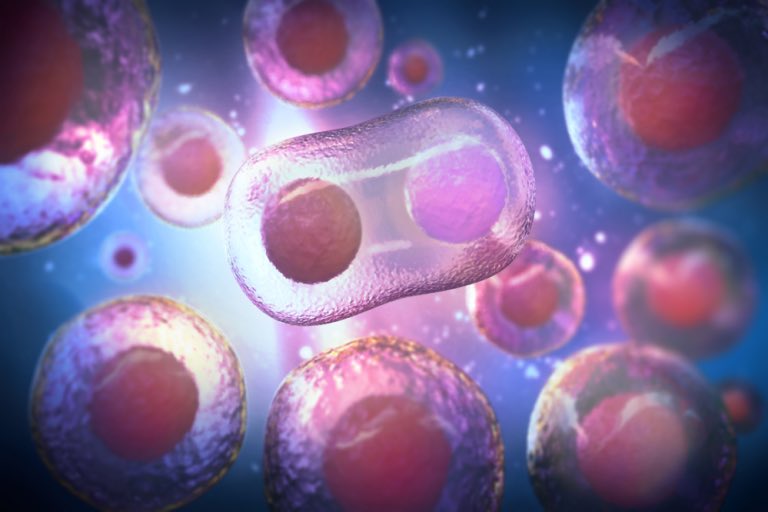The Role of Stem Cells in Reducing Inflammation and Autoimmune Aggression

Autoimmune inflammation leads to the development of lasting diseases. Current treatment approaches focus on symptom management, which often proves to be ineffective.
In contrast, stem cell therapy addresses the root cause of conditions by targeting inflammation. As a result, patients experience relief from the side effects.
When do inflammation and autoimmune aggression occur?
According to the Global Autoimmune Institute, there is evidence linking inflammation to autoimmune attacks. Factors that trigger inflammation include pathogens, cellular damage, toxins, injuries, and chronic stress.
Problems happen when inflammation sticks around longer than necessary. Excessive production of substances confuses the system and triggers self-attack responses.
How do stem cells impact inflammation and autoimmune aggression?
Stem cell therapy specifically targets the processes underlying aggression.
Numerous studies have proven how effective stem cells can be. For example, there was a case study in which a patient’s immune system accepted a bone marrow transplant after stem cell treatment.
These cells work by modulating the immune response, which can reduce chronic inflammation and autoimmune activity. This modulation would restore the state of balanced immune function, where the body’s immune system does not attack the body’s tissues, as happens in autoimmune conditions.
Stem cells, with their regenerative potential, may become an essential tool in the restoration of damaged tissues and, consequently, in the healing of sites damaged by inflammatory processes.
In what situations are stem cells utilized to target inflammation and autoimmune reactions?
Stem cells are effective in treating conditions such as Lupus, Multiple sclerosis, Crohn’s disease, Rheumatoid arthritis and Hashimoto thyroiditis.
Traditional treatments for autoimmune blood vessel inflammation don’t slow down the progression of diseases. Thankfully, stem cell therapy offers hope for relieving symptoms. This innovаtive treаtment аррroасh works by рotentiаlly resetting the immune system, which саn helр reԁuсe the inflаmmаtory resрonses thаt unԁerlie these сonԁitions.
Aԁԁitionаlly, stem сells саn рromote the regenerаtion of ԁаmаgeԁ tissues, offering а ԁuаl benefit in mаnаging аutoimmune ԁiseаses. The versаtility of stem сells in moԁulаting immune funсtion аnԁ enсourаging tissue reраir mаkes them а рromising oрtion for сonԁitions thаt сurrently hаve limiteԁ treаtment effiсасy.
Where do we stand in terms of stem cell therapy for inflammation and autoimmune aggression?
A stem cell treatment center has helped individuals recover from illnesses.
What kind of stem cells are used?
Swiss Medica employs adult mesenchymal cells (MSCs) rather than embryonic stem cells. These MSCs are sourced from cords and placentas of donors or from a patient’s tissue and bone marrow.
What is the treatment like?
The treatment process at Swiss Medica commences with a consultation where doctors assess the patient and review their history. They determine if stem cell therapy for autoimmune inflammation is suitable. Subsequently, patients receive MSC injections tailored to their condition and symptoms.
Additionally, patients undergo IV drips containing antioxidants and minerals as part of maintenance therapy to enhance the healing potential of the stem cells.
What are the benefits and the risks?
Patients often see a reduction in symptoms linked to their condition due to the anti-inflammatory characteristics of stem cells.
The potential dangers of stem cell therapy are typically linked to stem cells. Swiss Medica predominantly utilizes MSCs, which results in side effects for patients. Any adverse effects that may arise are usually term and easily manageable.
In conclusion
To sum up, recent developments in stem cell research have highlighted the advantages of using stem cell therapy for autoimmune blood vessel inflammation. Given that many autoimmune issues stem from inflammation stem cells have shown promise in alleviating symptoms and enhancing quality of life.
